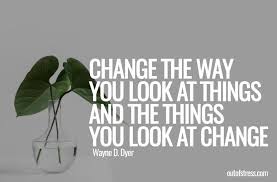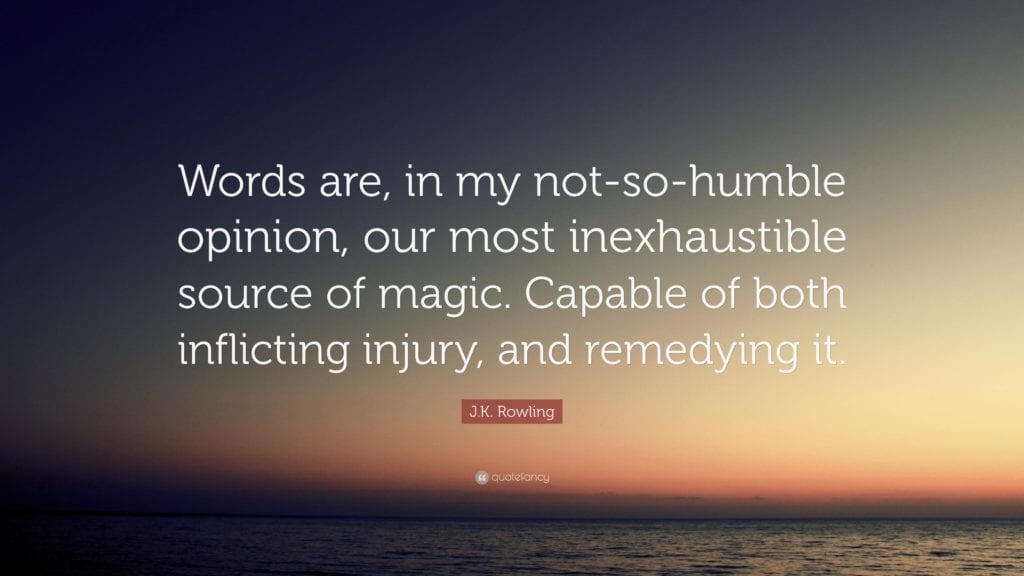Today was one of those days that, honestly, passed by smoothly. I had a few ah-ha moments in all of my classes. Those who care appreciate the humor in To Kill a Mockingbird despite the tense mood of Chapter Fifteen. We all did pretty well, considering that it was our first day back from mid-winter break.
With that having been said, I asked my students what they would miss most about MWB, and many of them said “Sleep.” and “Not stressing about school-related things.”
When I was in college, my sister’s friend Brian had this theory that human beings thrive on chaos. If things were hunky-dory and going fine, then what would we have to complain about.
Maybe because the end of card-marking period four is fast approaching (March 6th), not to mention parent teacher conferences, many students have expressed concerns about their grades (my thoughts on grades here).
Today I got to thinking – what makes one student care more about their learning/education compared to another student. I mean, I don’t have the answer – although I wish I did.
I do know that I try; it makes me think of the church I visited yesterday and how the pastor was literally a one-man show trying to keep the congregation captivated – I felt his pain. But it can’t just come from me – I can’t be the only one caring.
It’s back to the old Chinese proverb, “Teachers can open the door, but you yourself must walk through.”
- Worried about how procrastination is robbing you of learning opportunities? Make better choices.
- Worried about your grade (insert eye roll here). Make better choices.
Sometimes I feel like teachers’ expectations rob students of their humanness, but it’s not that. Being human, messy and flawed, is commonplace. The trick? Students should actively be trying to be their best in order to see the growth/progress their desire.
I can’t do it for you; and I wouldn’t want to – because some of the best lessons we learn are from disappointment and failure.
And to the ones who don’t care. Help me help you. You only have one shot at this small window of your life. Make better choices and I guarantee you will see better results.
XOXO – Mx. Sabbagh


